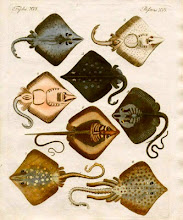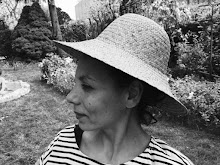ONCE IN AUXONNE
The post office at Auxonne is small and the postmistress has blue eyes. I have been there only twice.
The first time was to send you a parcel; as the postmistress weighed it on the scale, I imagined your hands opening it.
“Four kilos, three hundred grams.”
In a parcel, wrapped by hand, there is a message weighing nothing: the receiver’s fingers may unknot the string which the sender’s tied.
In the post office I saw in my mind’s eye your fingers untying the knot I tied at Auxonne.
Ten days later I again stopped in the town, and went to the post office, this time to post you a letter. I remembered the day when I sent off the parcel and I felt a twinge of loss. Yet what had I lost? The parcel arrived safely. You had made soup with the beetroots. And the bottle of distilled water from the flowers of the orange trees you had placed on its shelf, above your dresses in the cupboard. All that had been lost was the little future of the parcel.
What we mourn for the dead is the loss of their hopes. The man-with-the-parcel was as if dead; he could hope no more. The man-with-the-letter had taken his place.
-Excerpt; And Our Faces, My Heart, Brief as Photos; pgs. 32 – 33
Subscribe to:
Post Comments (Atom)




1 comment:
He's so often beautiful that in reading him, there's a small sense of loss.
What is this sadness, I ask myself, that comes with reading John Berger, or listening to Schubert?
It's the sadness that, soon, the man that is reading this, or the man that is listening to this, will soon cease to exist, to be replaced by a man that is present to some other thing, or a man that is not present at all.
Like the tying of the string itself, the act of reading about the tying of the string is a perfect moment. My eyes fall on these words, in anticipation of yours also falling on them.
The perfect moment dissolves.
Post a Comment